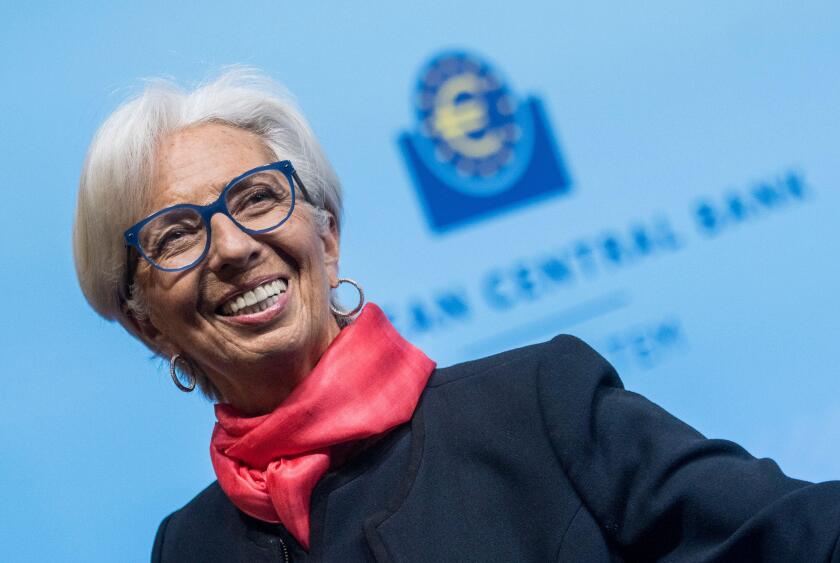The European Central Bank held a masterclass in the power of positive thought on Thursday, when it announced the end of the Pandemic Emergency Purchase Programme, its €1.85tr crisis era buying programme — or did it?
The Pepp will stop making net purchases in March 2022. After that, only money freed up from redemptions will be used in the programme, though the deadline for this has been extended until 2024.
This marks the end of the extraordinary crisis era debt buying tool that was much lauded when it was first deployed in March 2020, as the coronavirus pandemic first swept across Europe.
But is it really the end? During her main speech to the press, ECB president Christine Lagarde mentioned the word flexibility or its synonyms seven times. The message was clear: net purchases under the Pepp are over, unless they need to be restarted.
Greece, which is ineligible for the main Asset Purchase Programme, was specifically name-checked by Lagarde as a potential recipient of a restarted Pepp.
The criteria for firing up the Pepp engines again remain unclear. In Europe, coronavirus seemingly remains a strong threat to economies. Austria and the Netherlands are in lockdown to various degrees, while Germany might soon also be.
That may not be enough to secure net Pepp buying beyond March but investors now know the possibility of it exists, if it is necessary — as Lagarde's predecessor, Mario Draghi may have said — to do whatever it takes.
The ECB has created a safety net for the market, and particularly for SSA borrowers, which have been by far the largest beneficiaries of the Pepp.
If the ECB has judged it correctly, it will never have to make net purchases under the Pepp again. Investors will instead be able to take comfort from the fact it could. Talk, as the old saw goes, is cheap. But in this case, it could be worth €1.85tr.

